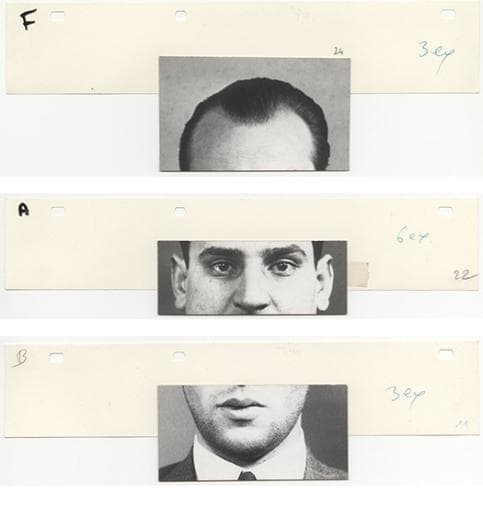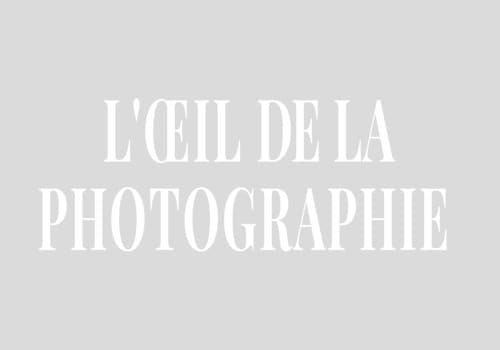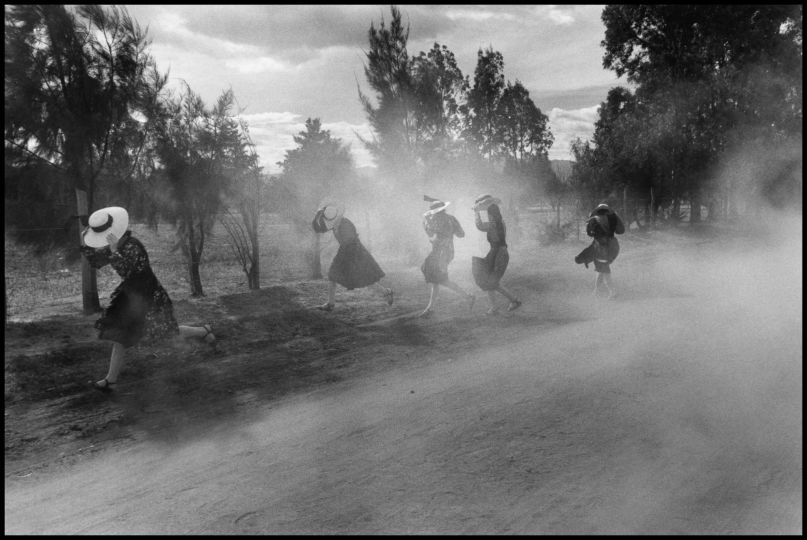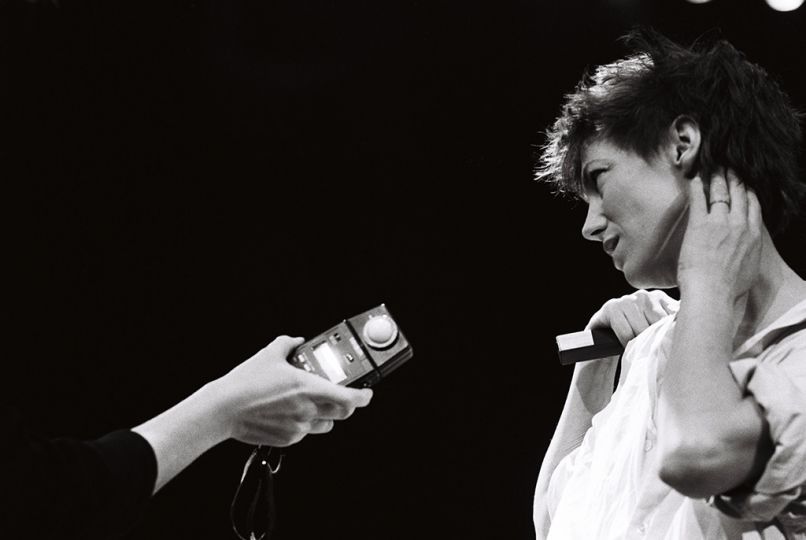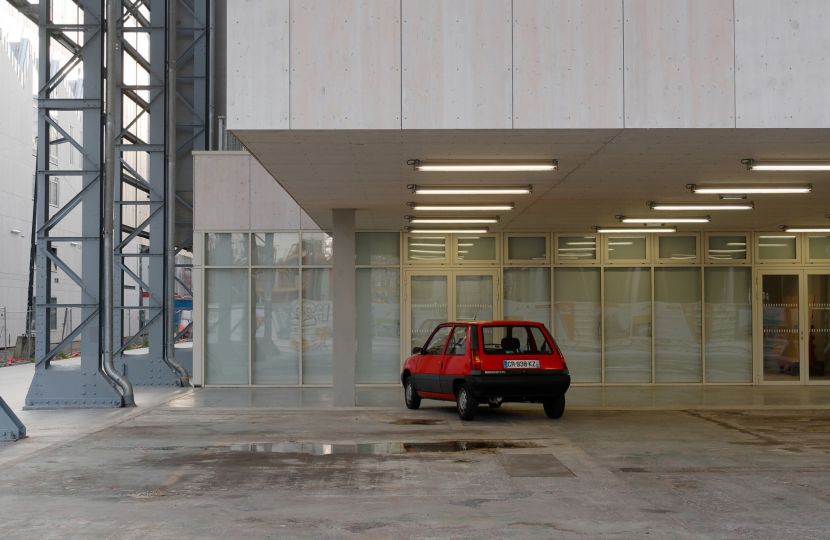This exhibition title in the form of an injunction aptly underlines the relationship between photography and law enforcement, which dates back to when it was first used in the court process in the middle of the 19th century. At some point in time, we have all had to present proof of our identity, an exercise
that if it does not define who we truly are, is the inescapable manifestation of our legal identity. Ever since it was invented, photography has ceaselessly complied with the requirements of identifying people and the desire to put them on file, a theme that is still topical today. Based on the musée Nicéphore Niépce’s collection, this exhibition aims to present an [inevitably incomplete] view of photography’s ambiguous relationship with this role that it has had to assume and the whole question of police records.
Photography provides a frame of reference, an interpretation of the meaning of identity, from having a passport photo taken to presenting your driving licence to the police, or from a census for national service to registering the identity of migrants. If the standards applied and the repetitive nature of the process lead to a form of depletion that is an integral part of the process, the images nonetheless reveal hidden meanings and sometimes exhibit more than what was expected and intended. In part a means of organising society and partly a system of surveillance that exposes the temptation to curb personal freedoms, the image-based registration and classification process unintentionally reveals – in its mistakes, blunders and omissions – a whole world outside the camera frame made up of discrepancies, absurdities, fantasy and imagination.
http://en.museeniepce.com/index.php?/exposition-en/actuelles/expo-Papiers-s-il-vous-plait
Information
Musée Nicéphore Niépce
28, Quai des Messagerie 71100 Chalon-sur-Saône FRANCE
October 14, 2017 to January 15, 2018

